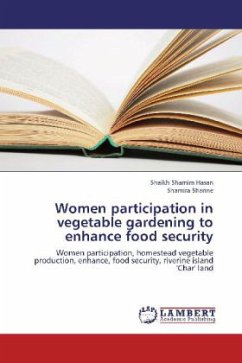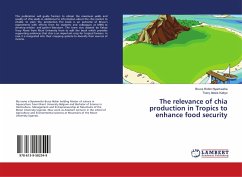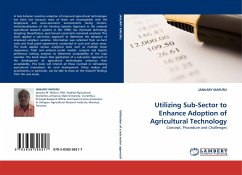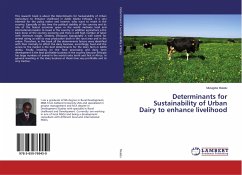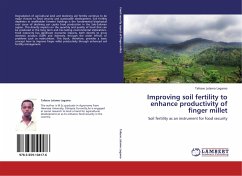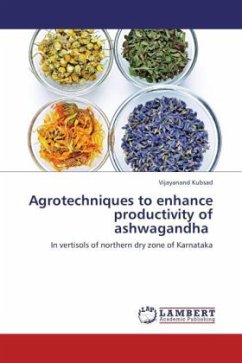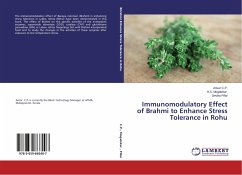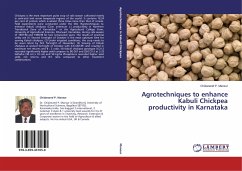The study was conducted in several chars of Shibalaya Upazilla under Manikganj district of Bangladesh to investigate the food security situation through income from vegetable production, identify the socio-demographic characteristics of the women and also to investigate major problems faced by the char women during vegetable production. A total of 75 respondents were selected using simple random sampling technique. It was revealed that most of the respondents were middle aged (80%), had medium to large (92%) family, were mostly illiterate to few having primary education. They had an average homestead vegetable farm of 7.41 decimals. Different types of vegetables were being grown by the respondents including spinach, bitter gourd, cowpea, pumpkin, okra, water spinach, pointed gourd in the summer season and red amaranth, brinjal, tomato, bean, radish, pepper in the winter season. Brinjal, Spinach, cowpea, radish, tomato and bean were found to give more economic return to the respondents. Education, farm size, vegetable farm size, annual income and extension contact had significant relationship with their income from homestead vegetable gardening.
Bitte wählen Sie Ihr Anliegen aus.
Rechnungen
Retourenschein anfordern
Bestellstatus
Storno

